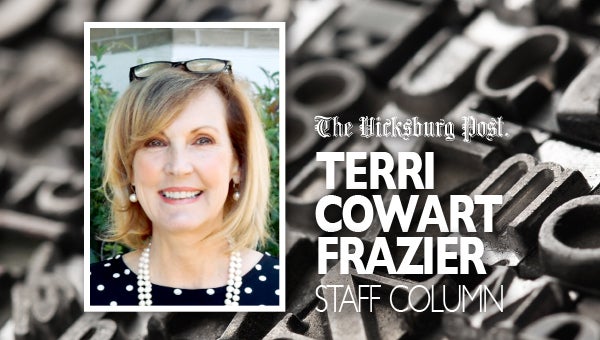FRAZIER: Questions following the death of Carolyn Bryant Donham
Published 4:00 am Sunday, April 30, 2023
Like all, I get oodles of junk emails from senders I don’t know, so subsequently I dump them in the trash.
On Friday, however, I received an email with a subject line that piqued my curiosity.
It was a “statement” from the Emmett Till Interpretive Center: Carolyn Bryant Donham, the woman who was at the center of Till’s death, had died at the age of 88.
For those needing a bit of a history lesson, in 1955, Donham testified in court that Till, a 14-year-old boy visiting family in Money, Miss., had assaulted her. Other versions note that he had whistled at her.
But on all accounts, the teen was found beaten beyond recognition, shot in the head, and thrown in the Tallahatchie River. These monstrous acts were committed by Donham’s then-husband, Roy Bryant, and J.W. Milam. The two men, though they were charged, were acquitted by an all-white jury.
When I read the news of Bryant’s death, the first thing that went through my mind was, how on Earth had this woman lived with herself for the past 67 years? At the time of the accusations, Bryant was 21 years old.
Was she so vile that she could block it from her psyche, or deranged enough to not comprehend her actions?
My second thought was why, if she were in her right mind, would she have wanted to do something this demonic? Was her husband not paying her enough attention at home and she thought this would be a way to get his attention?
If that was the case, she got his attention and that of the rest of the country.
A third thought I had: Bryant was the mother of two sons at the time of Till’s murder. Did she ever think about how she would have felt if someone had accused or done the same to one of her boys?
Subsequent thoughts that crossed my mind after reading the email centered around Till’s mother, Mamie Till-Mobley.
How did this woman continue to live with such unbearable pain? How did she control her rage?
And what kept her going?
Per the email, it was the memory of her son.
Mamie Till-Mobley turned a crime against humanity into an undertaking for racial healing and freedom — not hatred and retribution.
I wonder how Carolyn Bryant Donham lived with that?






